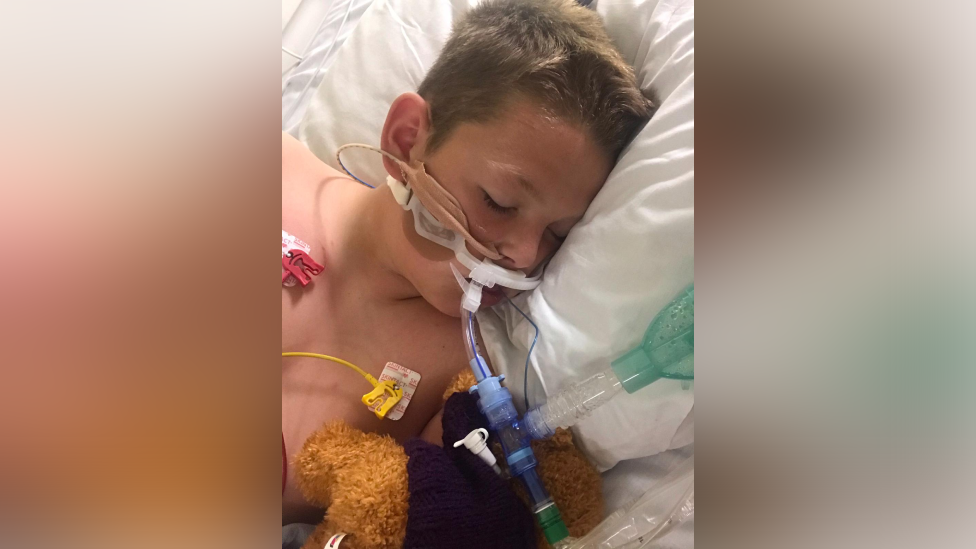Catalogue of failings in cancer patient's hospital care
- Published
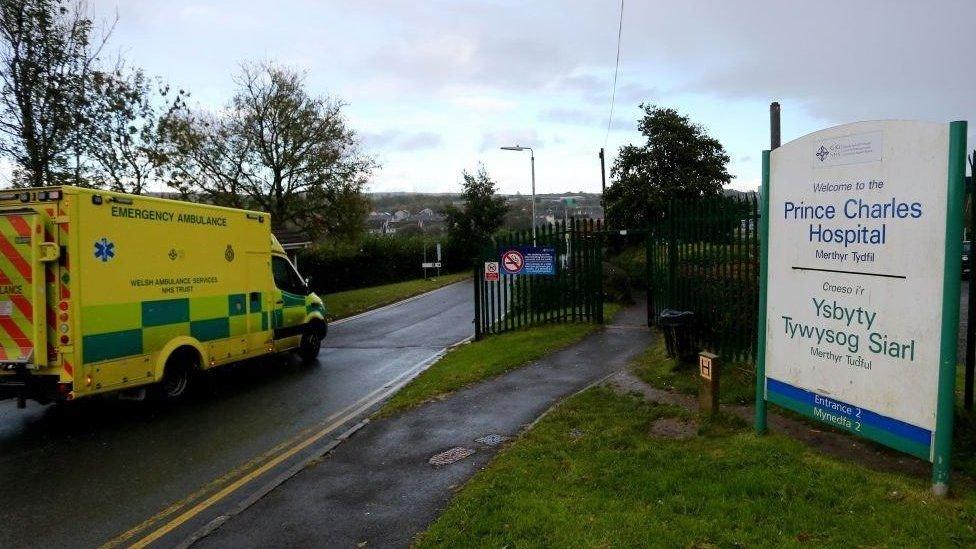
The 71-year-old cancer patient's care had "serious shortcomings" found ombudsman's report.
A cancer patient's "avoidable" death in hospital followed a "catalogue of failings", an investigation has found.
The 71-year-old woman was found to have received a "very poor standard of care" at Prince Charles Hospital in Merthyr Tydfil.
The report by Wales's public service ombudsman found "considerable delay" in administering treatment and described care as being compromised.
The Cwm Taf Morgannwg Health Board said it would learn from the failures.
'Catalogue of failings'
The woman, who has not been named in the report, died the day after she was admitted to the hospital in December 2019.
The ombudsman Nick Bennett launched an investigation after receiving a complaint about the care she received.
The report said medics failed to diagnose pneumonia for an "alarming" 12 hours, leading to a "significant delay" in administering appropriate treatment.
Mr Bennett also found:
A 15-hour delay in administering antibiotic treatment, while being nursed in a corridor, led to her untimely and "avoidable" death.
The "considerable delay" in administering oxygen, even when the woman's oxygen saturation levels were recorded as low, may have also contributed to her death.
The pressure in the emergency department, and low staffing levels, may have contributed to the "poor care" the woman received.
The ombudsman further criticised shortcomings in the health board's response when the woman's husband complained about his wife's treatment.
In addition, by failing to thoroughly investigate his complaint until the ombudsman launched an investigation, Mr Bennett found the health board contributed to a prolonged ordeal for the family, which was "distressing and potentially unnecessary".
This resulted in a delay in identifying the "serious shortcomings" of the woman's care and "vital lessons being learned".
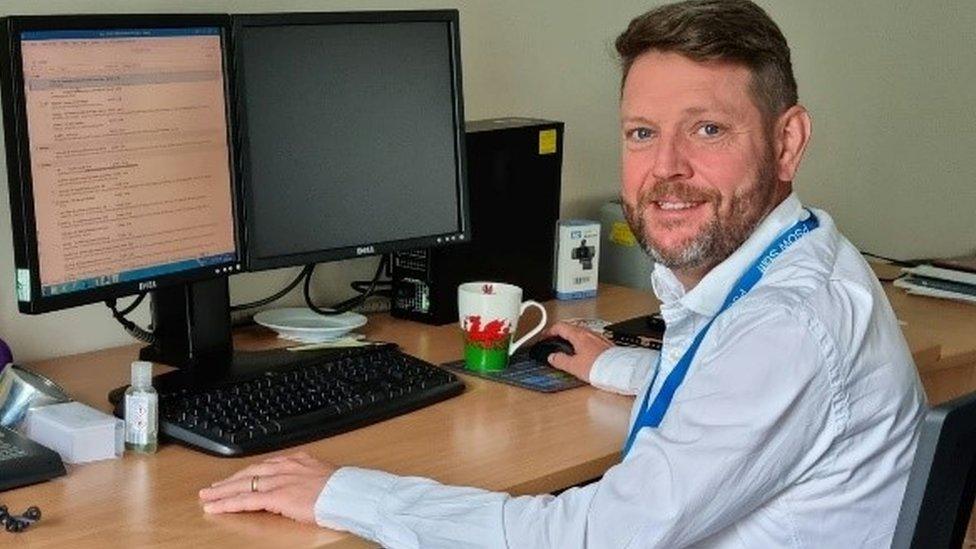
Ombudsman Nick Bennett said the case was "distressing" and the impact on the family was "unmeasureable"
Mr Bennett said: "My report has identified several areas where the care received fell far below what she and her family should have expected. There were several serious service failures in this case, and the consequent injustice to the woman and her family is immeasurable.
"Not only did she not receive a timely diagnosis or appropriate treatment, but the failure to do so had a fatal outcome in this tragic case."
The health board has agreed to several recommendations, including:
Providing awareness training for all emergency department staff on the detection and response to clinical deterioration in adult patients.
Carrying out an audit of a sample of patient records to ensure that staff escalate cases where required.
Providing a full written apology to the woman's husband for the "significant failings" and distress caused to the family.
Apologising on behalf of the health board, its chief executive Paul Mears added: "This is a deeply tragic and distressing case and our own internal investigations, alongside today's ombudsman report, show that there were clearly areas in which the care provided fell short of the standards expected.
"We are committed to learning lessons from these very sad events and an action plan has been put in place to ensure the shortcomings are addressed and improvements are made to our services."
He said additional staff had been recruited to the department and the baseline number of staff in certain specialities on shift had increased.
- Published22 July 2021

- Published19 May 2021
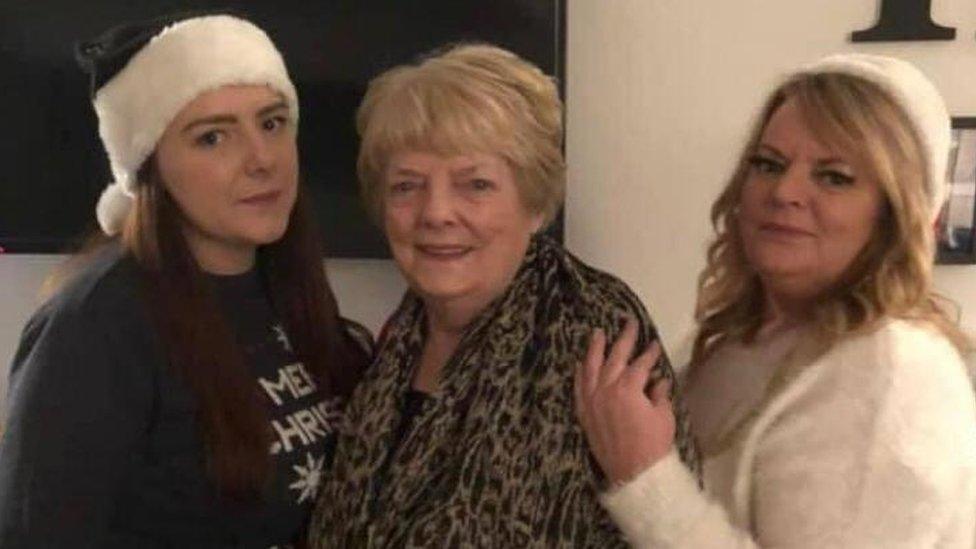
- Published21 July 2021
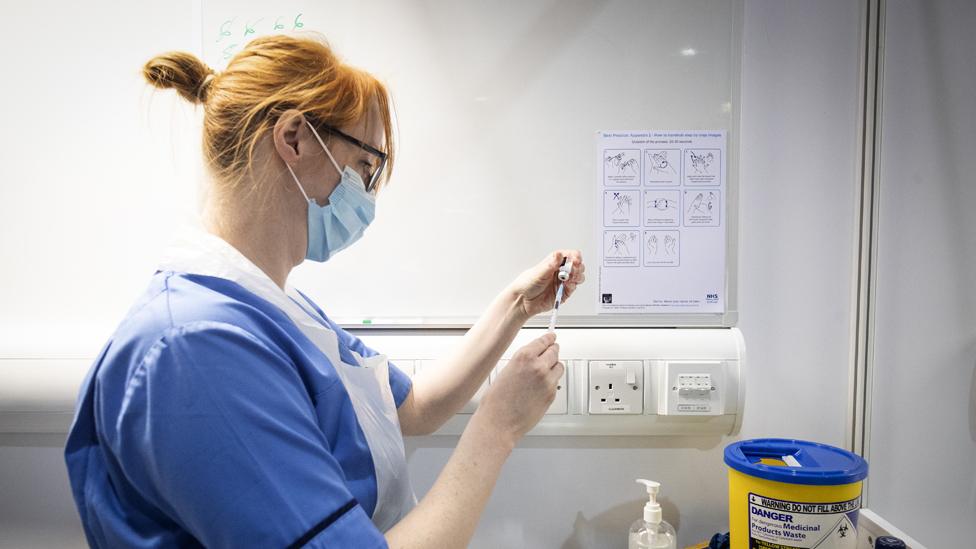
- Published24 July 2021
